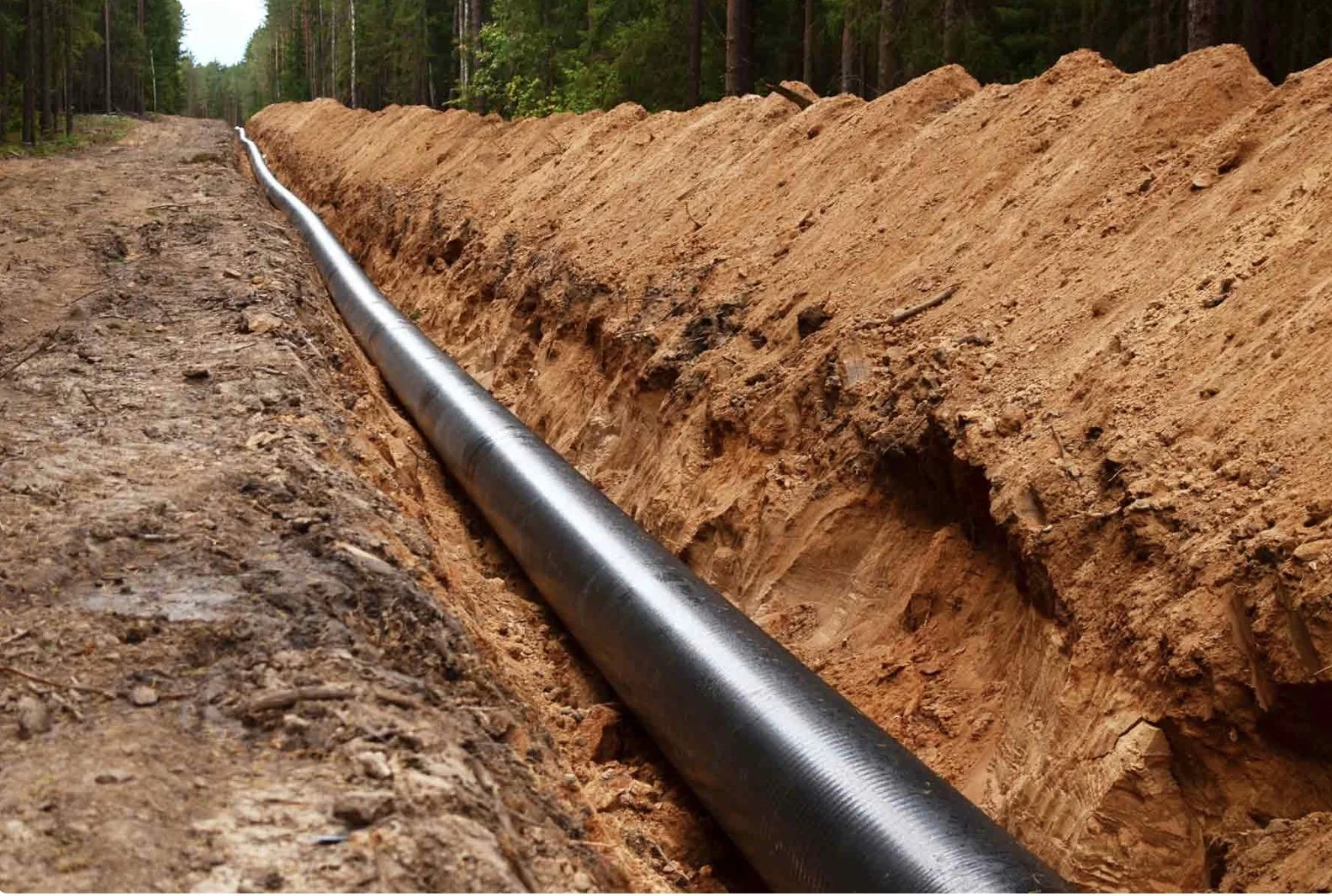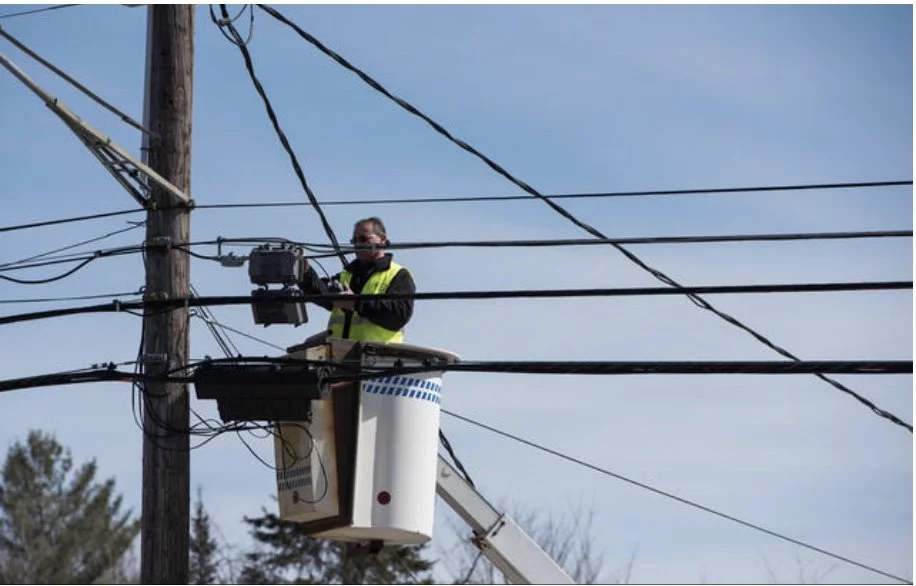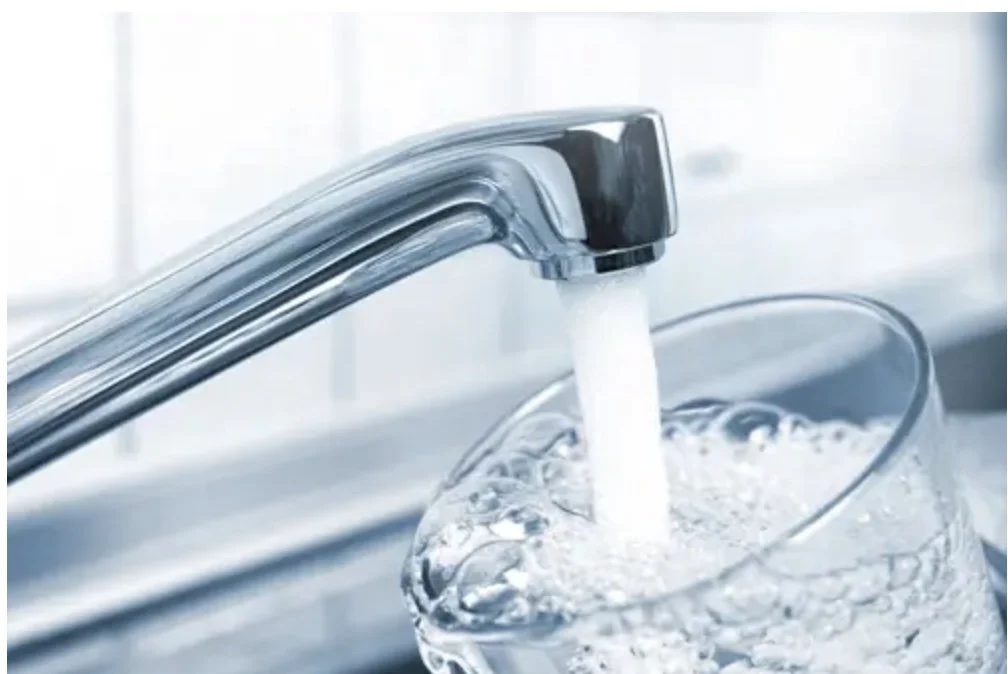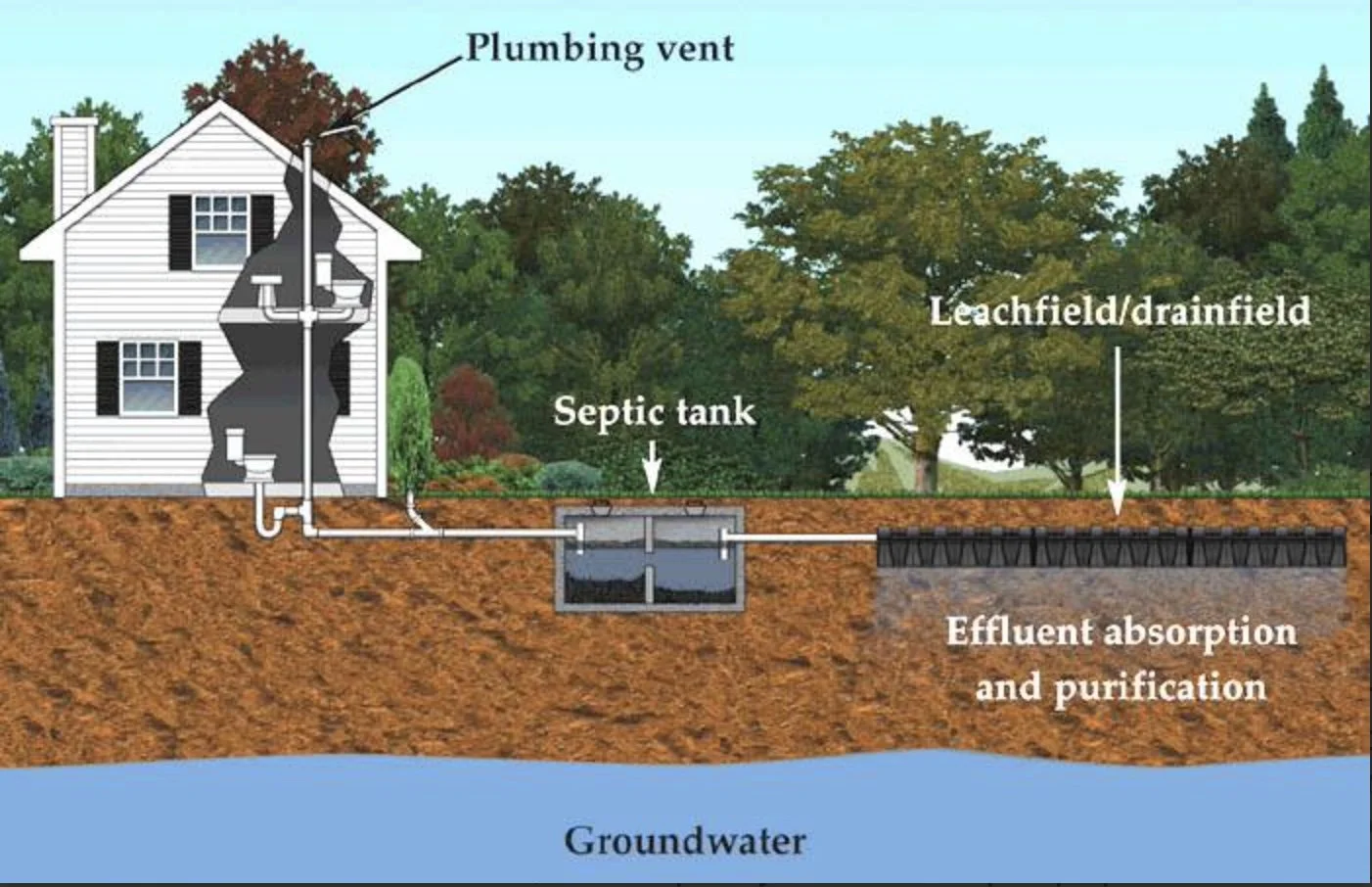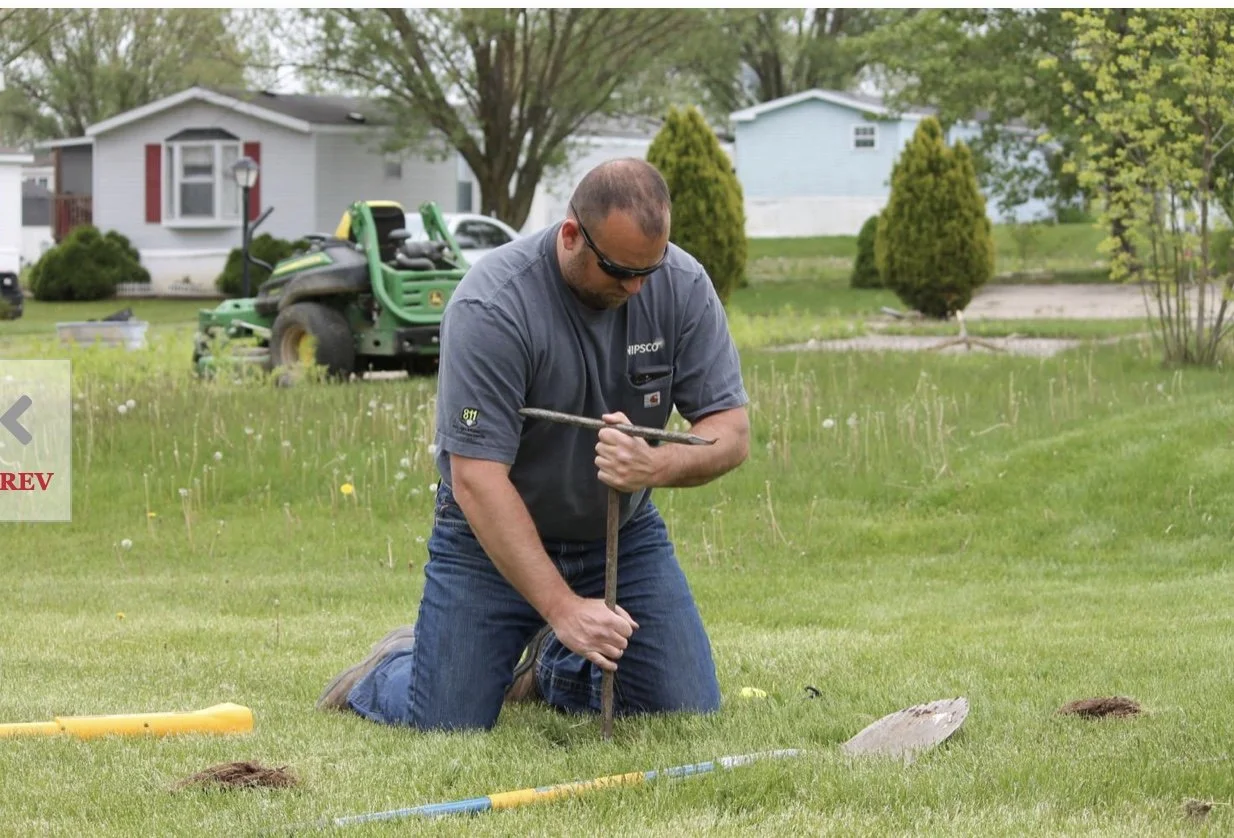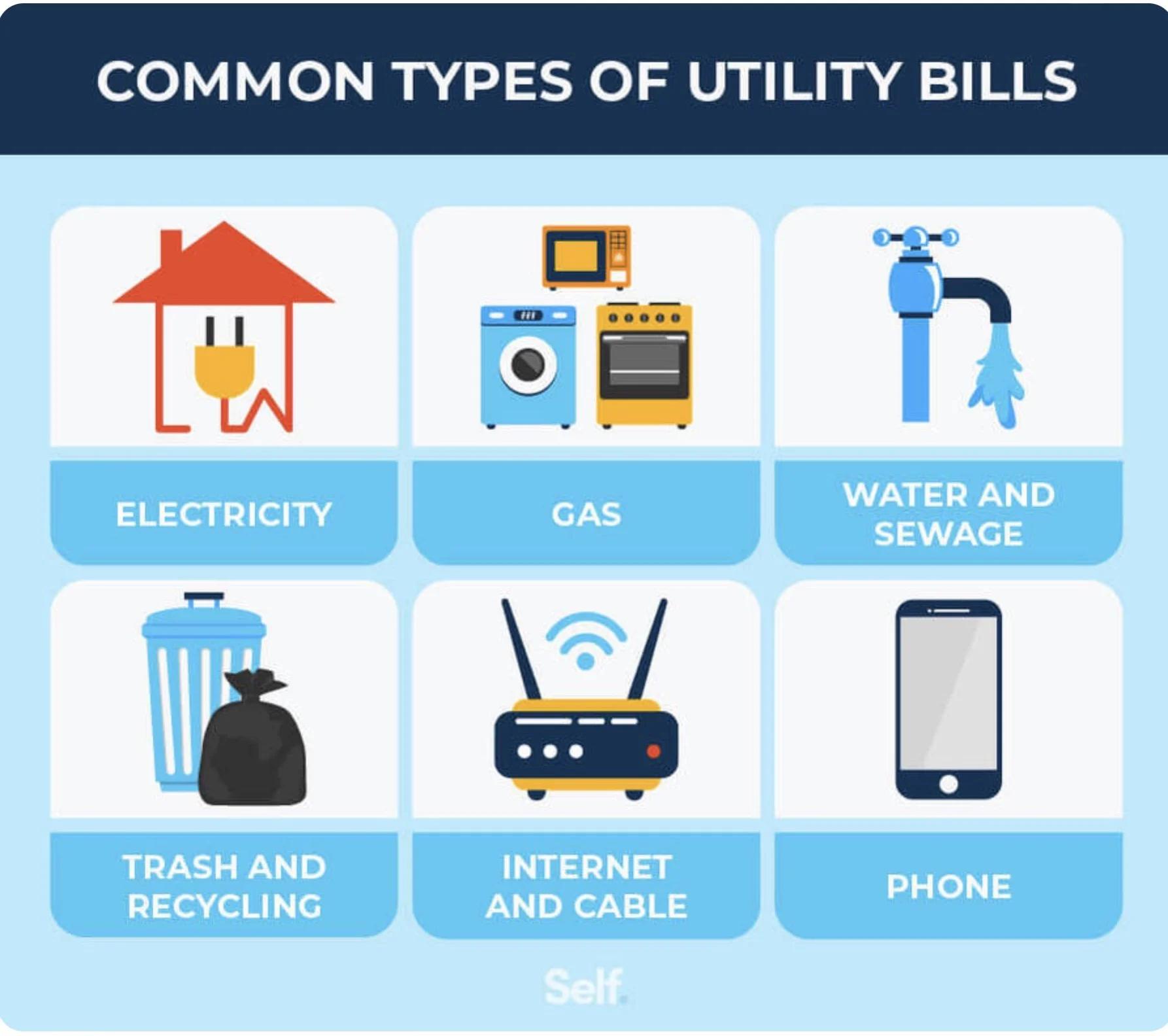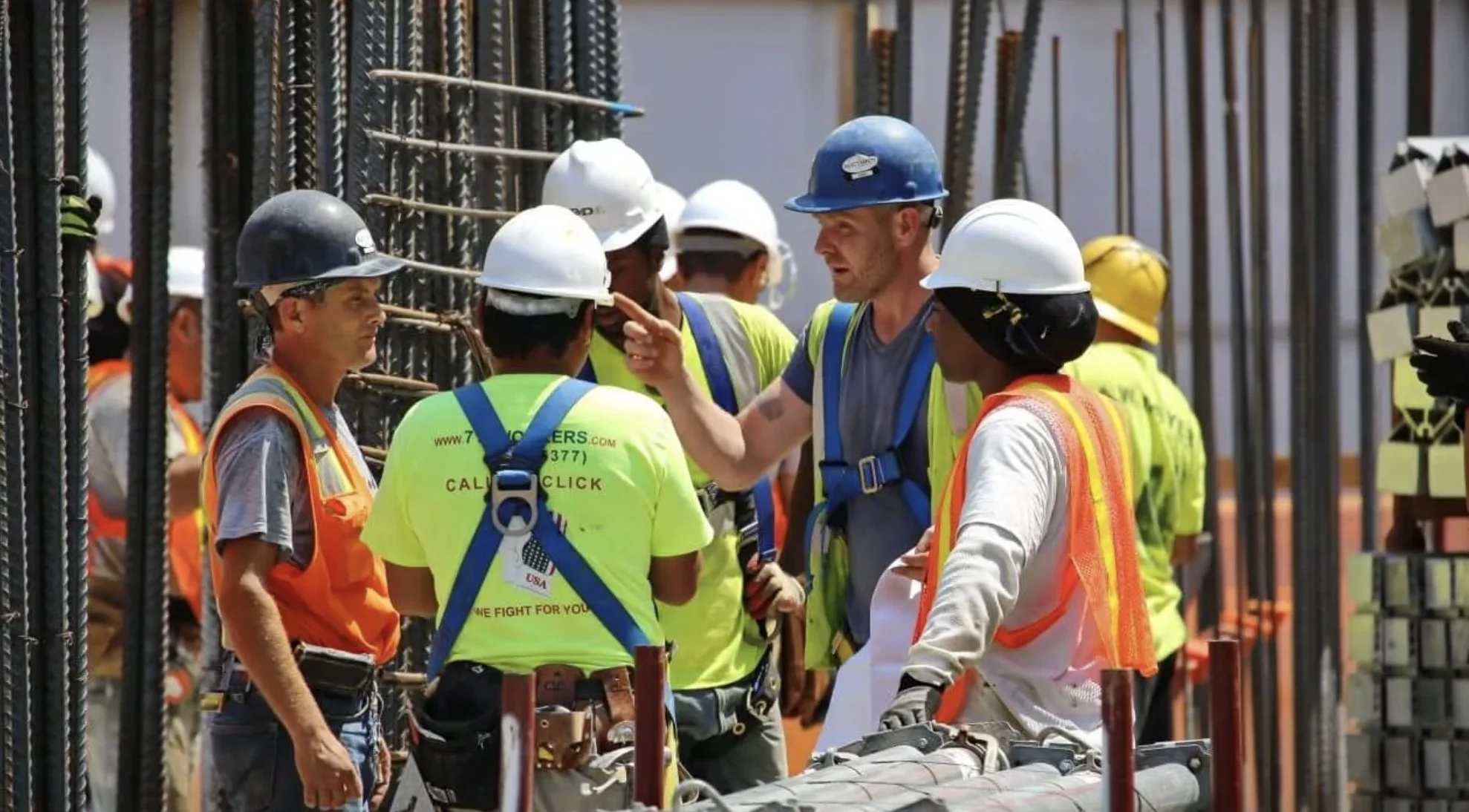Bring Utilities to Undeveloped Land
When considering an investment in undeveloped land, bringing utilities to the property is a critical and potentially costly task. This process involves multiple steps, coordination with various professionals, obtaining necessary permits, and incurring various costs. Below is a detailed, step-by-step guide on how to bring utilities to undeveloped land, who to contact, what permits are needed, estimated costs, and the expected timeline for each phase.
Power Services Installation
Step-by-Step Process:
1. Contact Local Utility Provider:
- Who to Call: Reach out to the local electric company or power utility, such as PG&E or Southern California Edison in California.
- What to Ask: Request the location of the nearest power lines and obtain an estimate for extending power to your property.
- Timeline: This initial contact and estimate request typically take 1-2 weeks.
2. Obtain an Estimate:
- Cost: $10,000 to $30,000, depending on the distance to the nearest power lines and the complexity of the installation. Utility companies usually charge per foot (e.g., $10 to $20 per foot).
- Timeline: The estimate process can take 2-4 weeks, depending on the utility company's response time.
3. Survey and Design:
- Who Will Do It: An engineer or utility planner from the utility company.
- What Permit is Needed: A right-of-way or easement permit may be required if power lines cross neighboring properties.
- Timeline: Surveying and designing the extension may take 4-6 weeks.
4. Obtain Permits:
- Permit Type: Electrical permit from the local building department.
- Cost: $100 to $500, depending on local regulations.
- Timeline: Securing permits can take 2-4 weeks.
5. Installation:
- Process: The utility company or an approved contractor installs the power lines.
- Timeline: The installation process can take 4-12 weeks, depending on the complexity and coordination required.
When This Fee Applies:
- Necessary: Yes, this is essential for powering your property.
- When: Early stages of development, after purchasing the land.
Water Supply: Municipal or Well Water?
Step-by-Step Process:
1. Determine Water Source:
- Who to Call: Contact your local water utility for municipal water availability or consult a well drilling company.
- What to Ask: Inquire about the feasibility of drilling a well or connecting to municipal water.
- Timeline: Initial inquiries and feasibility studies may take 1-2 weeks.
2. Municipal Water Connection:
- Cost: $5,000 to $20,000, depending on the distance to the nearest water line.
- Permit Needed: Water connection permit from the local utility department.
- Timeline: Connection and permitting can take 4-8 weeks.
3. Drilling a Well:
- Cost: $3,000 to $15,000, depending on depth and soil conditions.
- Permit Needed: Well drilling permit from the county health department or water resources authority.
- Additional Costs: $5,000 to $10,000 for pump installation, holding tanks, and water treatment systems.
- Timeline: Well drilling and installation may take 2-8 weeks, depending on depth and conditions.
4. Testing and Approval:
- Process: After drilling, test the water quality to ensure safety standards are met.
- Who Will Do It: Certified labs and professionals.
- Cost: $100 to $500 for water testing.
- Timeline: Testing and approval can take 1-2 weeks.
When This Fee Applies:
- Necessary: Yes, especially if municipal water isn’t available.
- When: Early in the development process, usually after or concurrent with power installation.
Wastewater Management: Sewer Lines or Septic Tank?
Step-by-Step Process:
1. Determine Wastewater Option:
- Who to Call: Contact the local sewer authority or a licensed septic system installer.
- What to Ask: Inquire about the availability of sewer lines or the feasibility of installing a septic system.
- Timeline: Initial inquiries typically take 1-2 weeks.
2. Connecting to Sewer Lines:
- Cost: $5,000 to $15,000, depending on distance and connection fees.
- Permit Needed: Sewer connection permit from the local utility or public works department.
- Timeline: Connection and permitting typically take 4-8 weeks.
3. Installing a Septic System:
- Cost: $3,000 to $10,000, depending on system size and soil conditions.
- Permit Needed: Septic system permit from the county health department.
- Additional Considerations: Soil testing (percolation test) costs about $500 to $1,500.
- Timeline: Septic system installation can take 2-6 weeks.
4. Design and Installation:
- Who Will Do It: A licensed septic system designer and installer.
- Process: After design approval, the installer will dig and place the septic system, ensuring it’s spaced properly from other utilities.
- Timeline: Design and installation may take 2-4 weeks.
When This Fee Applies:
- Necessary: Yes, if no municipal sewer lines are available.
- When: Mid to late stages of initial development.
Gas Line Installation to Your Undeveloped Land Project
Step-by-Step Process:
1. Contact Local Gas Utility Provider:
- Who to Call: Reach out to the local gas company, such as SoCalGas in Southern California, or your regional gas provider.
- What to Ask: Inquire about the location of the nearest gas lines and request an estimate for extending gas service to your property.
- Timeline: Initial contact and estimate requests usually take 1-2 weeks.
2. Obtain an Estimate:
- Cost: The cost of extending a gas line can range from $1,000 to $5,000 or more, depending on the distance to the nearest main line and the complexity of the installation. Utility companies often charge by the foot, with prices ranging from $15 to $25 per foot.
- Timeline: Receiving a detailed estimate from the gas company may take 2-4 weeks.
3. Survey and Design:
- Who Will Do It: A licensed gas fitter or engineer from the gas company will survey the property to plan the gas line extension.
- What Permit is Needed: A right-of-way or easement permit may be required if the gas line crosses private properties or public land.
- Timeline: Surveying and designing the gas line extension typically takes 4-6 weeks.
4. Obtain Permits:
- Permit Type: You will need a gas permit from the local building department.
- Cost: Permit costs typically range from $100 to $500, depending on local regulations.
- Timeline: Securing the necessary permits can take 2-4 weeks.
5. Installation:
- Process: The gas utility company or an approved contractor will install the gas lines, ensuring they are properly routed and meet all safety regulations.
- Timeline: The installation process can take 4-8 weeks, depending on the complexity and distance from the main line.
6. Pressure Testing and Inspection:
- Who Will Do It: The gas utility company or a licensed contractor will conduct pressure tests on the installed gas lines to ensure there are no leaks.
- Permit and Inspection: After installation, the local building department will inspect the gas lines to ensure compliance with safety codes.
- Timeline: Testing and inspection typically take 1-2 weeks.
When This Fee Applies:
- Necessary: Yes, if natural gas is needed for your property.
- When: Typically, this is done after or concurrent with power and water installation.
Summary of Gas Line Installation Costs and Timeline:
- Gas Line Installation Cost: $1,000 to $5,000 or more, depending on distance and complexity.
- Permit Costs: $100 to $500.
- Timeline: 3-6 months from initial contact to final inspection.
Considerations:
- Location and Distance: The further your property is from existing gas lines, the more expensive the installation will be.
- Permit and Easement Requirements: Ensure all necessary permits are obtained before beginning construction, as this can delay the project if not handled properly.
- Safety Concerns: Gas line installation must comply with strict safety regulations. Working with licensed professionals is essential to avoid potential hazards.
Additional Utilities (Internet, Cell Phone, etc.)
Step-by-Step Process:
1. Determine Availability:
- Who to Call: Contact local ISPs and cell phone companies.
- What to Ask: Inquire about service availability and potential bundling options.
- Timeline: Initial inquiries typically take 1-2 weeks.
2. Installation Costs:
- Cost: $500 to $2,000, depending on the services required.
- Permit Needed: Usually, no special permits are needed, but check local regulations.
- Timeline: Installation may take 2-4 weeks after the main utilities are installed.
3. Set Up Service:
- Who Will Do It: The service provider’s technicians.
- Process: Installation may include laying cable lines or setting up satellite dishes.
- Timeline: Service setup typically takes 1-2 weeks.
When This Fee Applies:
- Necessary: Yes, especially if reliable communication is needed.
- When: After the main utilities (power, water, sewer) are installed.
Regulatory and Construction Considerations
Step-by-Step Process:
1. Check Zoning and Land Use Regulations:
- Who to Contact: The local planning or zoning department.
- What to Ask: Verify that your intended utility installations are allowed and understand any restrictions.
- Timeline: Research and approval typically take 2-4 weeks.
2. Obtain Necessary Permits:
- Permit Type: Zoning permits, building permits, environmental permits.
- Cost: $100 to $5,000, depending on project complexity.
- Timeline: Obtaining permits can take 4-8 weeks.
3. Work with Professionals:
- Who to Hire: Architects, civil engineers, and utility designers.
- What They Do: Design utility systems to meet local codes and manage permit applications.
- Timeline: Design and planning can take 4-12 weeks, depending on project size.
4. Construction Phase:
- Process: Clearing land, excavating for utility lines, and installing infrastructure.
- Who Will Do It: Licensed contractors specializing in underground utilities.
- Timeline: The construction phase typically takes 8-16 weeks, depending on project scope.
5. Final Inspections:
- Who Will Inspect: Local building inspectors.
- Cost: Inspection fees are typically included in permit costs, but could add $100 to $500.
- Timeline: Final inspections may take 1-2 weeks.
When This Fee Applies:
- Necessary: Yes, all regulatory and permit fees are essential.
- When: Throughout the development process, from planning through construction.
Summary of Costs and Timeline:
- Power Installation: $10,000 to $30,000 | Timeline: 3-6 months
- Water Supply: $3,000 to $20,000 | Timeline: 2-4 months
- Wastewater Management: $3,000 to $15,000 | Timeline: 2-4 months
- Additional Utilities: $500 to $2,000 | Timeline: 1-2 months
- Regulatory and Permit Costs: $100 to $5,000 | Timeline: 2-4 months
